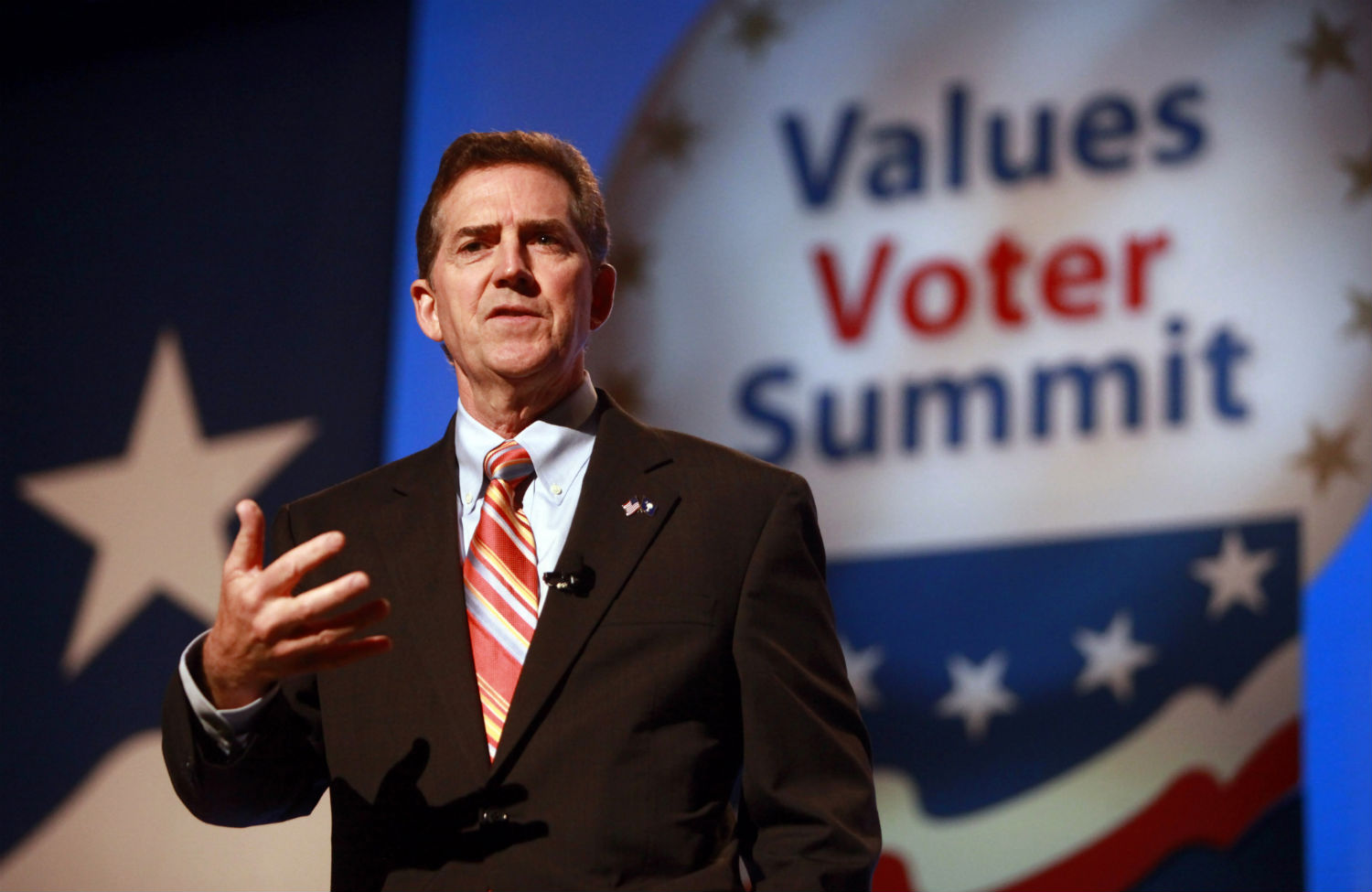
The Heritage Foundation and Me The Heritage Foundation and Me
For those who buy the spin that the Heritage Foundation used to be an intellectually serious place, some history, and some stories.
Nov 27, 2013 / Rick Perlstein
Kennedy Week: The Myth of Camelot and the Dangers of Sycophantic Consensus Journalism Kennedy Week: The Myth of Camelot and the Dangers of Sycophantic Consensus Journalism
How a favor Teddy White did for Jackie Kennedy helps explain David Broder and Politico.
Nov 23, 2013 / Rick Perlstein

Kennedy Week: JFK’s Uncertain Path in Vietnam Kennedy Week: JFK’s Uncertain Path in Vietnam
Did Kennedy intend to bring an end to the Vietnam War after his re-election?
Nov 21, 2013 / Rick Perlstein
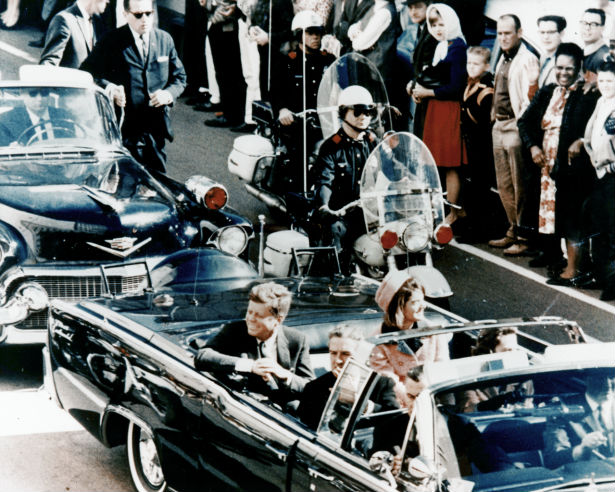
Kennedy Week: From Assassination to the Great Society Kennedy Week: From Assassination to the Great Society
What was the effect of Kennedy’s death on the success Johnson had passing his agenda?
Nov 20, 2013 / Rick Perlstein
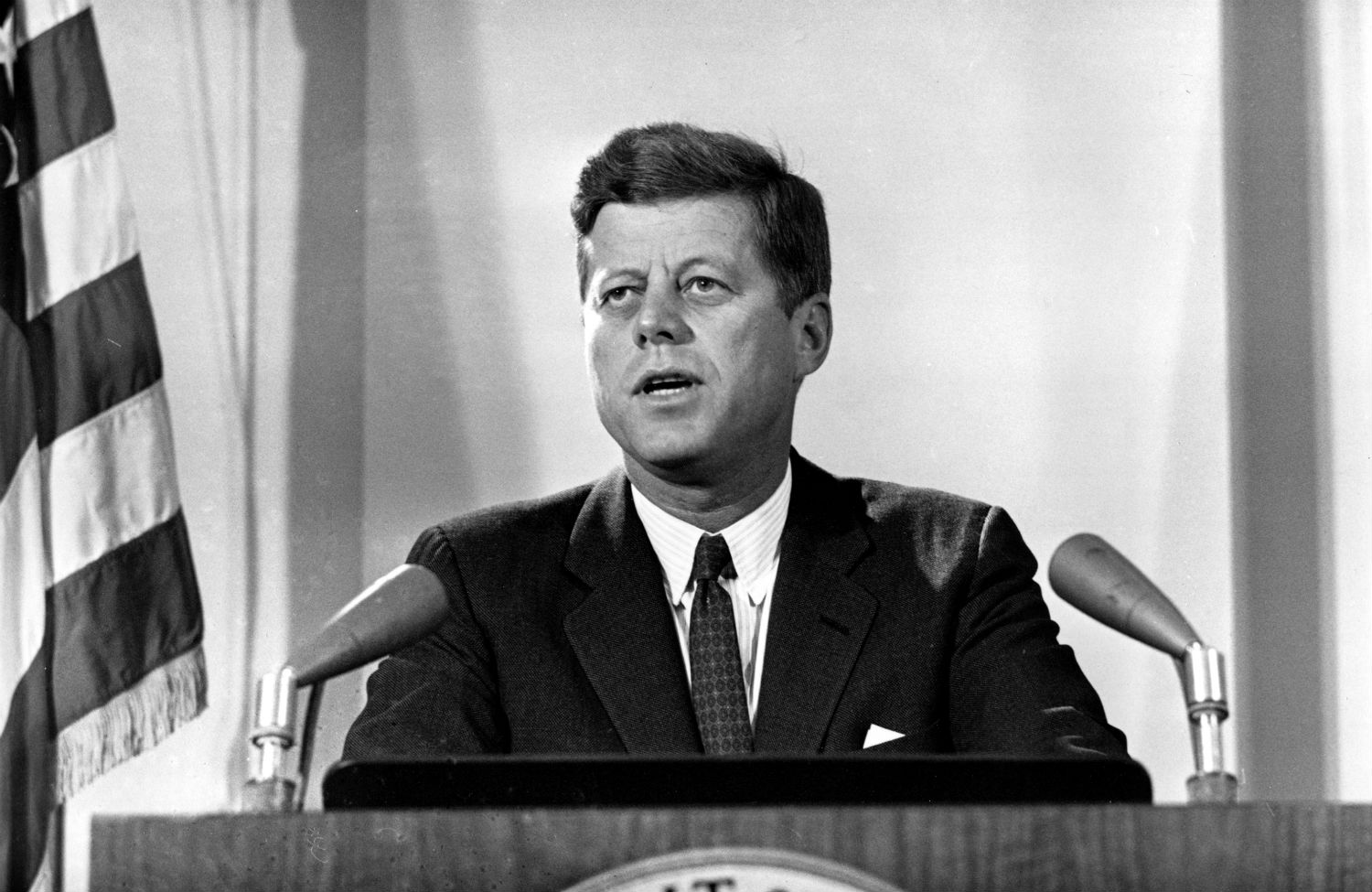
Kennedy Week: JFK as Nuclear Savior and Liberal Icon Kennedy Week: JFK as Nuclear Savior and Liberal Icon
In the first in a series for the fiftieth anniversary of JFK’s death, this historian answers your questions.
Nov 19, 2013 / Rick Perlstein
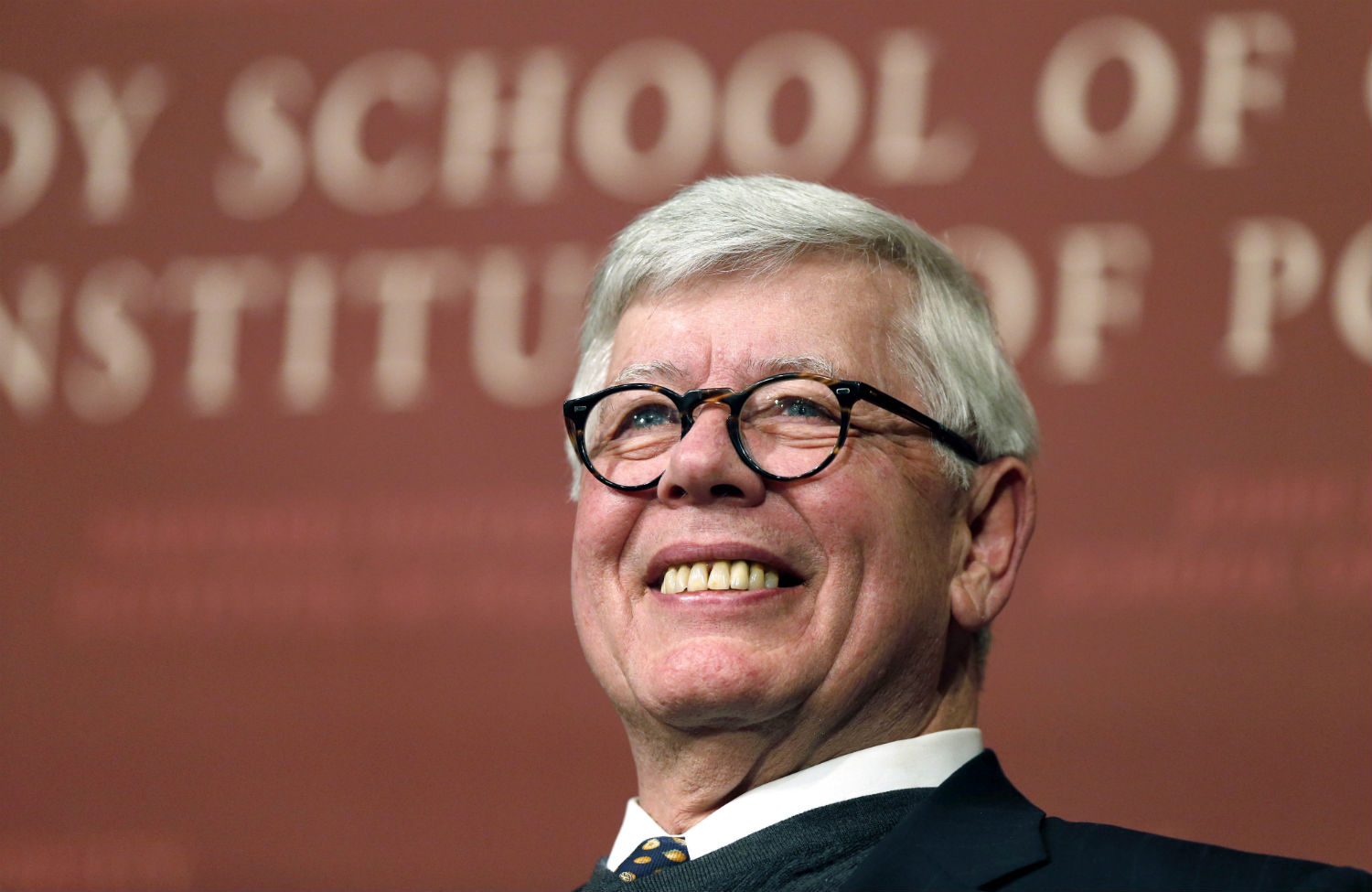
Getting Down to Big Business: A Conservative American Romance (Part 3) Getting Down to Big Business: A Conservative American Romance (Part 3)
We talk about conservatism’s “business” and "traditionalist" wings. But when it gets right down to it, they’re as interconnected as the two sides ...
Nov 15, 2013 / Rick Perlstein

Getting Down to Big Business: A Conservative American Romance (Part 2) Getting Down to Big Business: A Conservative American Romance (Part 2)
Big business used to buy into the center-left consensus. Then, suddenly, it didn’t.
Nov 13, 2013 / Rick Perlstein
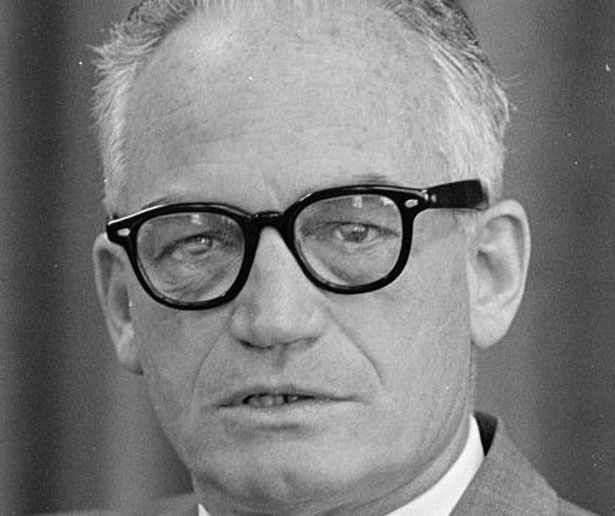
Getting Down to Big Business: A Conservative American Romance (Part 1) Getting Down to Big Business: A Conservative American Romance (Part 1)
Despite some stutter steps backward, the relationship between business and the modern right has always advanced in the exact same basic direction: toward romance.
Nov 12, 2013 / Rick Perlstein

Thinking Like a Conservative (Part Five): Epistemology and Empathy Thinking Like a Conservative (Part Five): Epistemology and Empathy
Have you ever noticed how many conservatives cannot believe a sane, sincere, intelligent person could disagree with them? That's a central component of the right-wing mind.
Nov 6, 2013 / Rick Perlstein
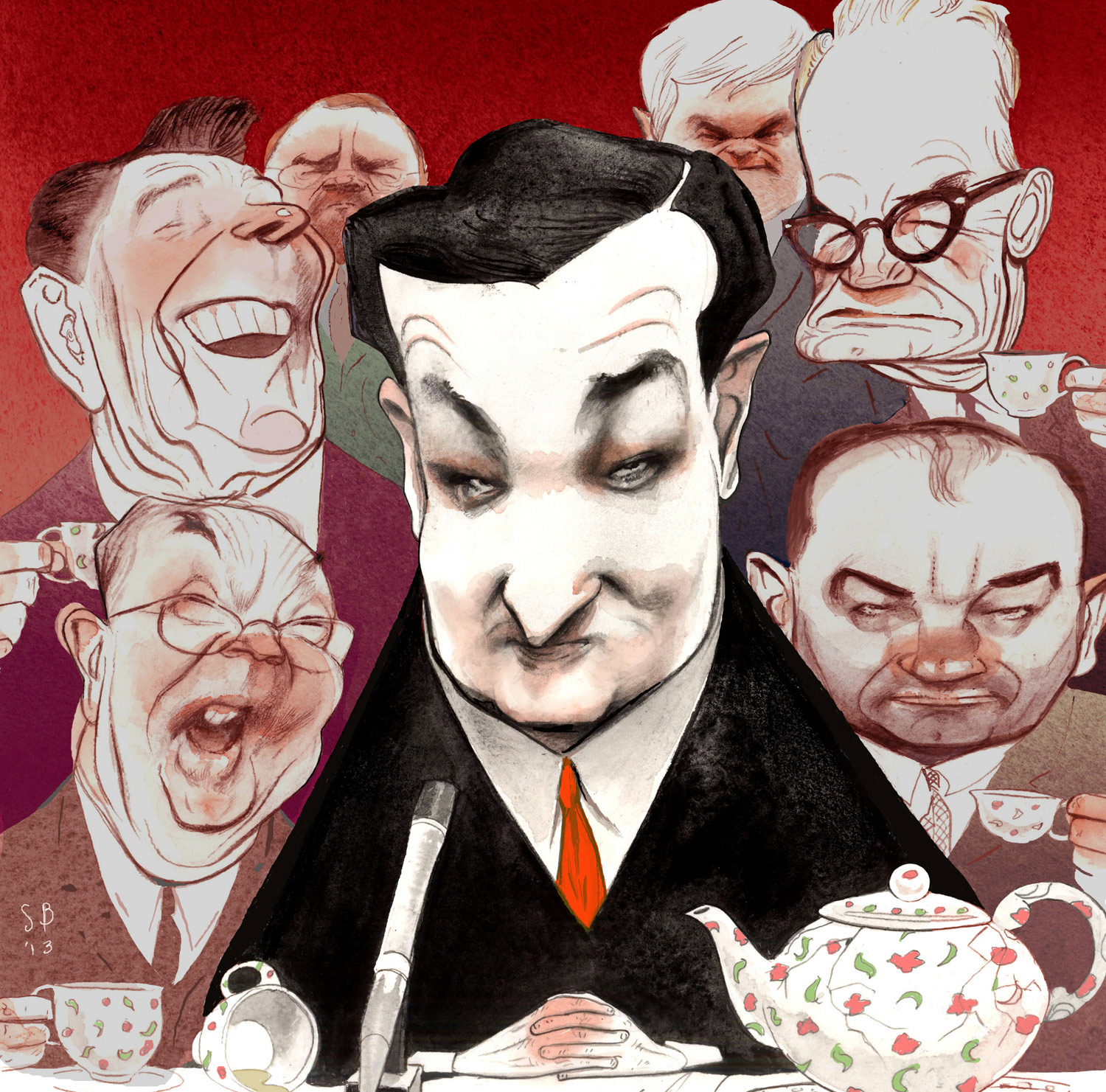
The Grand Old Tea Party The Grand Old Tea Party
Why today's wacko birds are just like yesterday's wingnuts.
Nov 6, 2013 / Feature / Rick Perlstein
